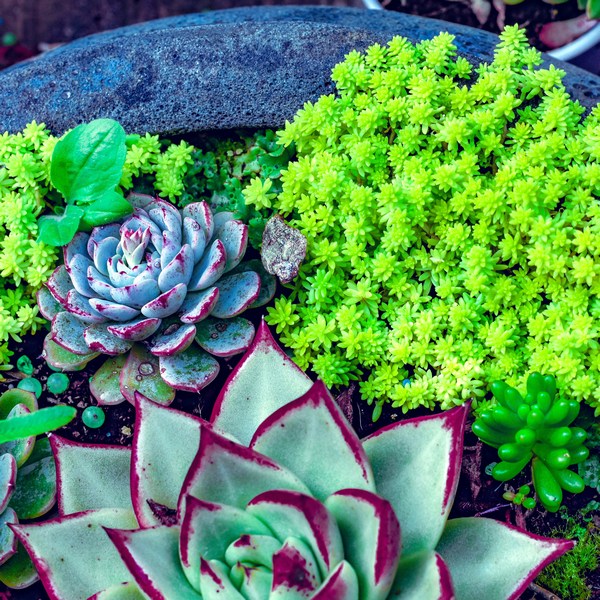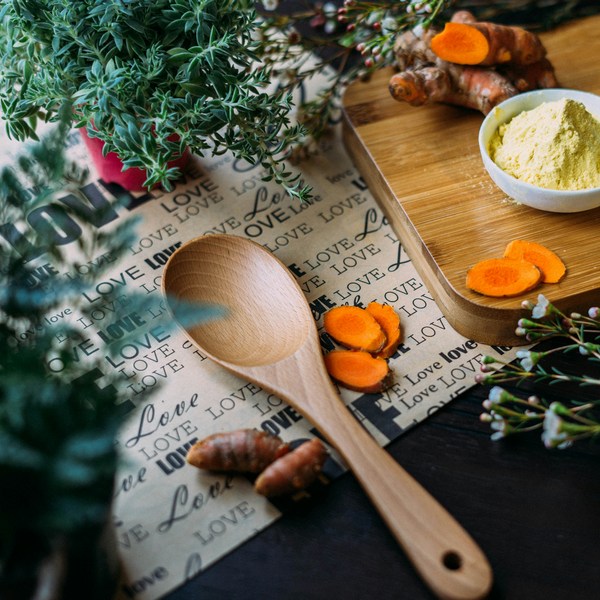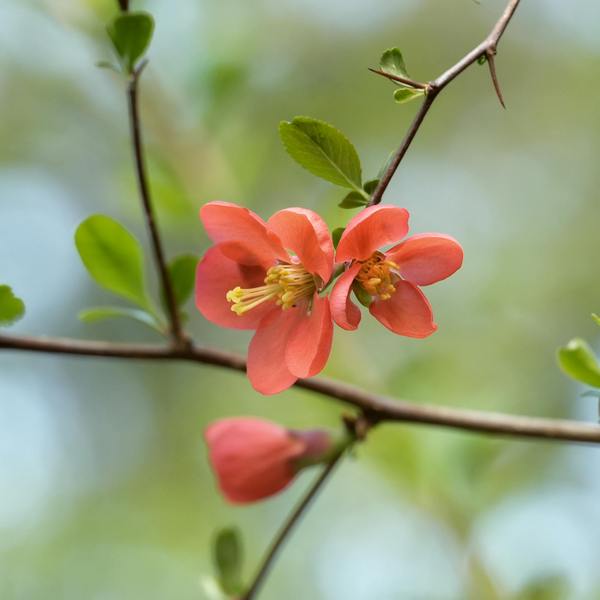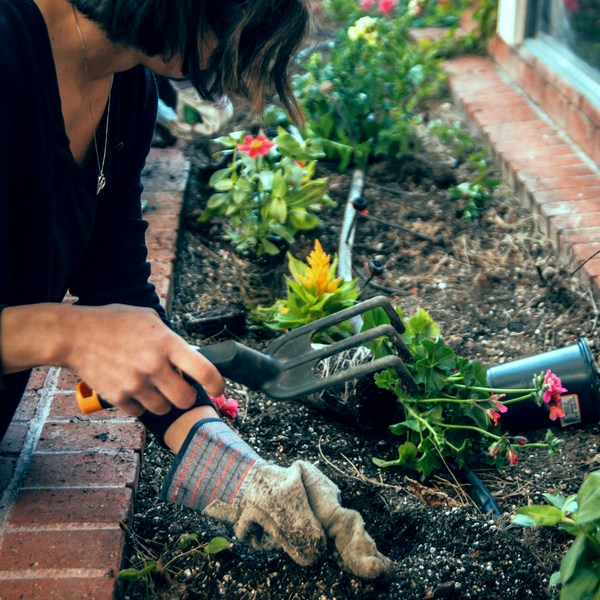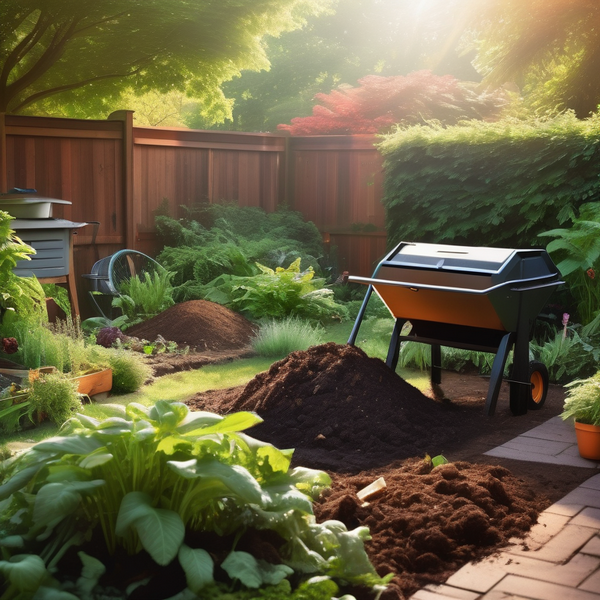Key Highlights
- Coffee grounds, eggshells, and diatomaceous earth are effective natural repellents for snails and slugs in the garden.
- Beer traps and copper tape can be used as physical barriers to deter snails and slugs.
- Planting certain herbs and flowers like mint, lavender, and marigolds can help repel these pests.
- Introducing predatory wildlife like frogs and toads can help control snail and slug populations.
- Using recycled wool waste and nematodes are other natural methods to protect your garden from snails and slugs.
Table of Contents
Introduction
Slugs and snails can wreak havoc on gardens, consuming multiple times their weight daily. They thrive in mild, damp weather, causing significant plant damage.
Traditional methods like salt and slug pellets can harm plants and wildlife. Many gardeners now prefer natural alternatives to repel these pests.
Natural Ways to Repel Snails and Slugs
1. Utilizing Coffee Grounds as a Barrier
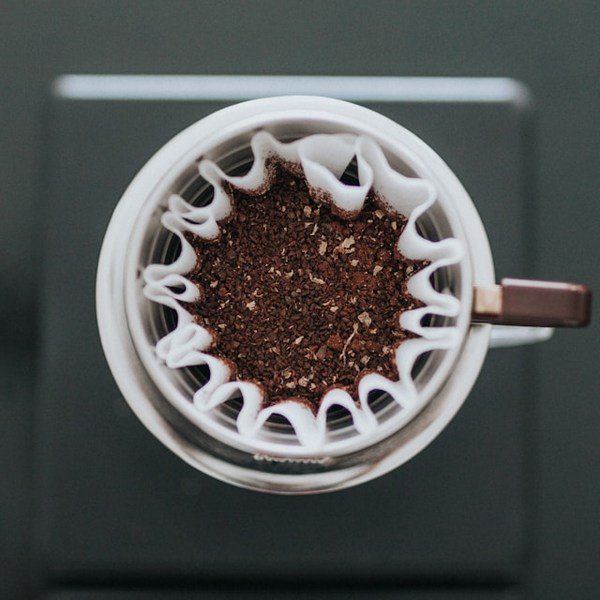
Coffee grounds can deter snails and slugs in the garden. These pests dislike the smell and taste, so spread grounds around plants as a barrier.
The scent keeps them away, and the caffeine acts as a natural pesticide, harming their nervous system.
Also, coffee grounds enrich the soil with nutrients. Save your coffee grounds and use them to protect your garden.
2. Creating Beer Traps to Attract and Capture
Creating beer traps can effectively attract and capture snails and slugs. These pests are drawn to the yeast in beer and will drown in the trap.
To set up, sink a shallow container into the ground, level with the soil, and fill it with beer. The scent lures snails and slugs, which then fall in and can’t escape.
Regularly empty and refill the traps. Place them strategically in your garden where these pests are most active.
3. Spreading Crushed Eggshells Around Plants
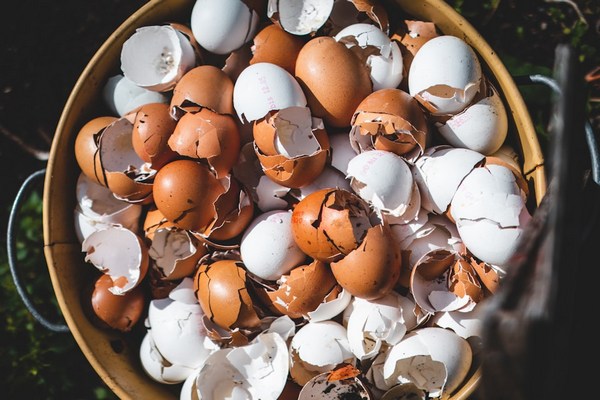
Crushed eggshells can deter snails and slugs in your garden. The sharp edges make it hard for these pests to crawl over.
To use, collect, dry, and crush eggshells. Sprinkle them around plant bases or form a ring around vulnerable plants. The shells irritate snails and slugs, keeping them away.
Additionally, eggshells release calcium into the soil as they break down, improving soil fertility and plant growth.
4. Applying Diatomaceous Earth for Protection
Diatomaceous earth is an effective, natural pest control for snails and slugs. Made from fossilized algae, its sharp edges penetrate and dehydrate these pests.
Sprinkle it around plant bases or garden beds. When snails and slugs contact it, they dehydrate and die.
Use food-grade diatomaceous earth safe for plants and animals. Follow package instructions and reapply after rain or watering, as moisture reduces its effectiveness.
5. Installing Copper Strips to Deter Entry

Copper strips or tape can effectively repel snails and slugs due to an electrical charge from their slime contacting the copper.
Place copper strips around garden beds or plants, and use copper tape on pots. Ensure the copper is continuous and intact to prevent gaps.
Regularly check and replace damaged or corroded copper to maintain effectiveness.
6. Encouraging Predatory Wildlife with Specific Plants
Encourage predatory wildlife to control snails and slugs in your garden. Beneficial insects, frogs, toads, and hedgehogs help maintain balance.
Plant flowers like marigolds, lavender, and mint to attract predators. Create a water source to draw frogs and toads.
Provide shelters, like rock piles or woodland areas, for hedgehogs, which feed on snails and slugs.
7. Using Recycled Wool Waste as a Mulch
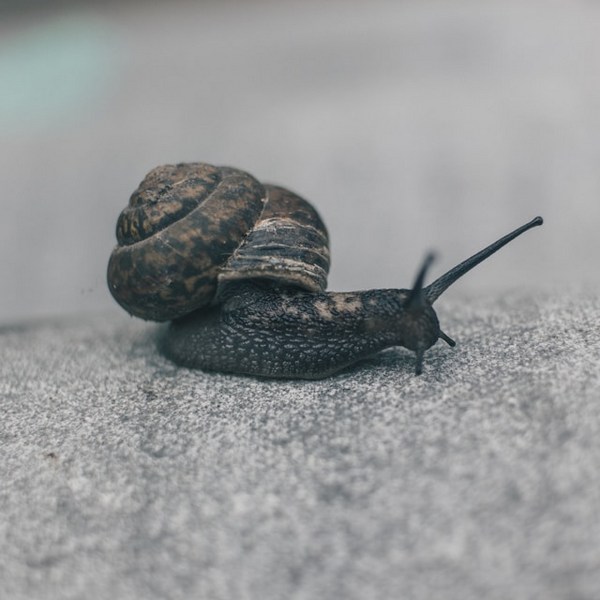
Recycled wool waste can repel snails and slugs and act as a natural barrier. When spread around plants, wool pellets swell and reveal fibers that irritate these pests, deterring them.
As wool pellets degrade, they enrich the soil, serving as a natural mulch that improves fertility and protects plants from damage.
8. Introducing Nematodes to Attack Snail Larvae
Nematodes, microscopic worms, are an effective natural method for controlling snails and slugs. They attack and kill snail larvae, reducing their numbers.
To use, water your garden with a nematode solution. The nematodes infect and kill the larvae.
Follow package instructions for application timing. Nematodes are a safe, targeted pest control method.
9. Offering Wheat Bran as a Harmless Bait
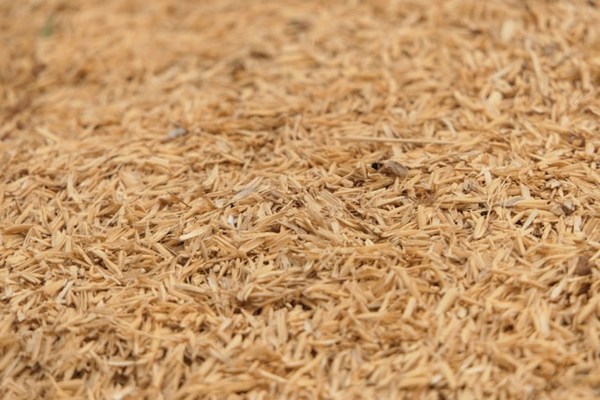
Wheat bran can attract and control snails and slugs by causing desiccation and death. Sprinkle small piles or rings of bran around plants to bait these pests.
Replenish regularly, especially after rain, to maintain effectiveness. Use sparingly to avoid attracting too many snails and slugs.
Organic Slug Pellets that are Safe for Other Wildlife
If other methods fail, organic slug pellets can effectively control snails and slugs. These wildlife-friendly pellets contain iron phosphate, which is toxic to snails and slugs but safe for other animals and beneficial insects.
Scatter pellets sparingly according to package instructions. They act as a deterrent, making pests avoid treated areas. While generally safe, avoid using them if you have outdoor pets.
Organic slug pellets offer a targeted, eco-friendly pest control solution for your garden.
Understanding Snail and Slug Behavior in Gardens
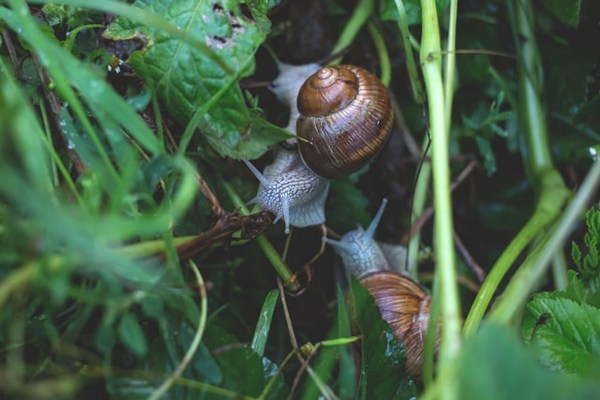
Snails and slugs can damage plants and frustrate gardeners. These pests are most active at night and thrive in moist environments, often hiding in dense vegetation, under rocks, or in mulch.
They feed on leaves, stems, and fruits, quickly devouring seedlings and damaging established plants.
Identifying Common Habitats of Slugs and Snails
Snails and slugs prefer damp environments and are often found in areas with ample moisture, such as:
- Compost piles: Snails and slugs are attracted to the organic matter and moisture found in compost piles.
- Wood chips and mulch: These pests seek shelter and moisture in wood chips and mulch.
- Dense vegetation: Snails and slugs are often found in areas with dense vegetation, such as overgrown plants or dense groundcovers.
Recognizing Signs of Snail and Slug Damage
Snails and slugs are notorious garden pests that damage plants. Look for chewed leaves with jagged edges and holes as a sign of their presence. Slime trails on leaves, stems, and the ground are another clear indicator.
If you see these signs, you have a snail or slug problem. Early action is crucial to protect your garden’s health and appearance.
Innovative Methods to Prevent Snail and Slug Infestations
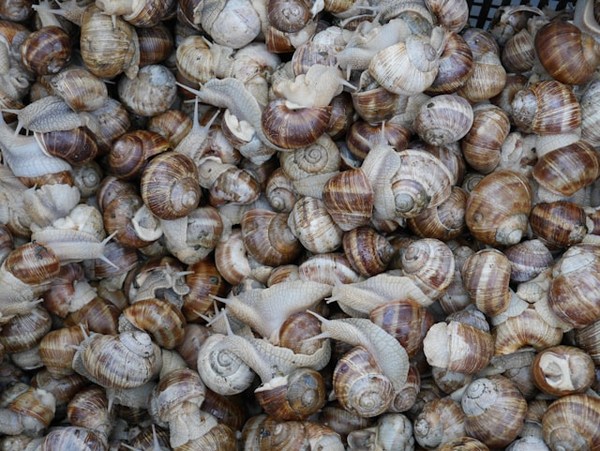
Use sharp-edged materials like copper tape or creating raised garden beds with barriers that snails and slugs can’t crawl over.
Another option is experimenting with natural repellents, such as essential oils or homemade sprays, which can be applied directly to plants or the surrounding soil.
Experimenting with Natural Repellents
For natural and effective snail and slug repellents, try essential oils or garlic. Peppermint, eucalyptus, and lavender oils work well. Mix a few drops with water in a spray bottle and apply to plants or soil to create a scent barrier.
Garlic is another option. Crush garlic cloves and mix with water to make a spray. The strong smell repels snails and slugs, keeping them away from your garden.
Conclusion
In conclusion, these natural strategies offer effective ways to safeguard your garden from snails and slugs without resorting to harmful chemicals. Choose methods that align with your gardening style and plant preferences. Stay proactive in maintaining these defenses to keep your garden flourishing all season long. Embrace these eco-friendly techniques and enjoy a pest-free garden in harmony with nature’s balance. Happy gardening!
Frequently Asked Questions
What Are the Best Plants to Deter Slugs and Snails?
Some of the best plants to deter slugs and snails include rosemary, lavender, and marigolds. These plants have strong scents that these pests find unappealing. By planting these repellent plants in your garden, you can help keep snails and slugs away from your other plants.
Is It Necessary to Reapply Diatomaceous Earth After Rain?
Diatomaceous earth is an effective natural deterrent for snails and slugs. However, it can lose its effectiveness after rain as it can be washed away. It is recommended to reapply diatomaceous earth after heavy rain to maintain its effectiveness as a barrier against these pests. Regular reapplication as part of your garden maintenance routine is important for long-term success.
What Are the Safest Organic Slug Pellets?
When looking for organic slug pellets, it’s important to choose options that are safe for wildlife and the environment. Iron phosphate-based slug pellets are considered the safest organic option. These pellets are non-toxic to wildlife and break down into natural compounds, making them a wildlife-friendly choice for pest control.
Organic Gardening: Essential Tips for a Chemical-Free Garden
Key Highlights Natural Techniques: Use composting, companion planting, and beneficial insects for fertility and pest control. Organic Methods: Grow plants without synthetic fertilizers or pesticides,…
Xeriscaping 101: Easy Steps for Beginners
Key Takeaways: Xeriscaping focuses on water-efficient landscaping, reducing the need for irrigation. Native and drought-tolerant plants are key components of xeriscaping. Proper soil preparation enhances…
Medicinal Plants: Your Healing Home Garden
Key Takeaways Growing medicinal plants at home provides easy access to natural remedies. Many medicinal plants are low-maintenance and thrive in home gardens. Common medicinal…
Pollinator Friendly Gardens: Attract Butterflies & Bees
Key Takeaways Pollinators like butterflies and bees are essential for healthy gardens and ecosystems. A pollinator-friendly garden includes a variety of native plants that provide…
7 Physical Benefits of Gardening: Green Thumb, Healthy Heart
Key Highlights Gardening activities such as landscaping, planting, and maintaining plants can help reduce blood pressure and improve cardiovascular health. Regular gardening can help build…
Quick Start Guide to Composting: Turning Waste into Gold
Key Highlights Composting transforms organic waste into nutrient-rich soil, reducing landfill waste and methane emissions. It enhances soil health, promotes plant growth, and cuts the…

